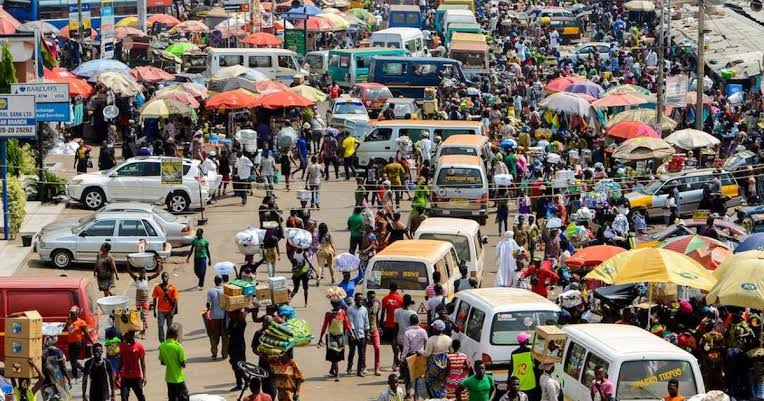Ghana’s population is projected to experience significant increase, reaching 52.47 million by mid-century, according to estimates by the Statistical Service.
This marks a substantial rise from the current population of 33 million.
The 2021 population and housing census reported a population of 30.8 million, with an annual addition of 711,706 individuals expected between 2021 and 2030. This growth will lead to a population of 37.24 million by the end of the decade.
Urban population growth will continue, increasing from 56.7% in 2021 to 60.7% by 2030, putting pressure on Greater Accra. By 2050, the population aged above 60 years will rise to 10.8% from the current 6.5%.
Professor Samuel Kobina Annim, Government Statistician, highlighted the need for discussions on retirement age and planning for increased demands on infrastructure, healthcare, education, and employment opportunities.
While a larger workforce could stimulate economic productivity and innovation, meticulous planning is required to ensure sustainable development, resource distribution, and social cohesion.
The population surge is attributed to improved healthcare, reduced infant mortality, and urbanisation trends. This demographic shift presents both opportunities and challenges for Ghana’s development.


